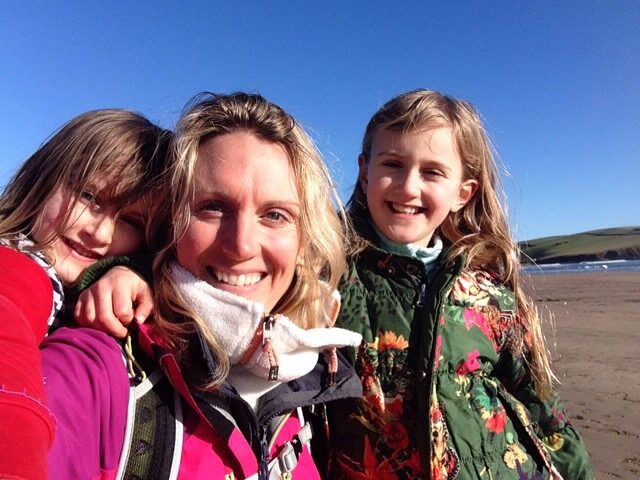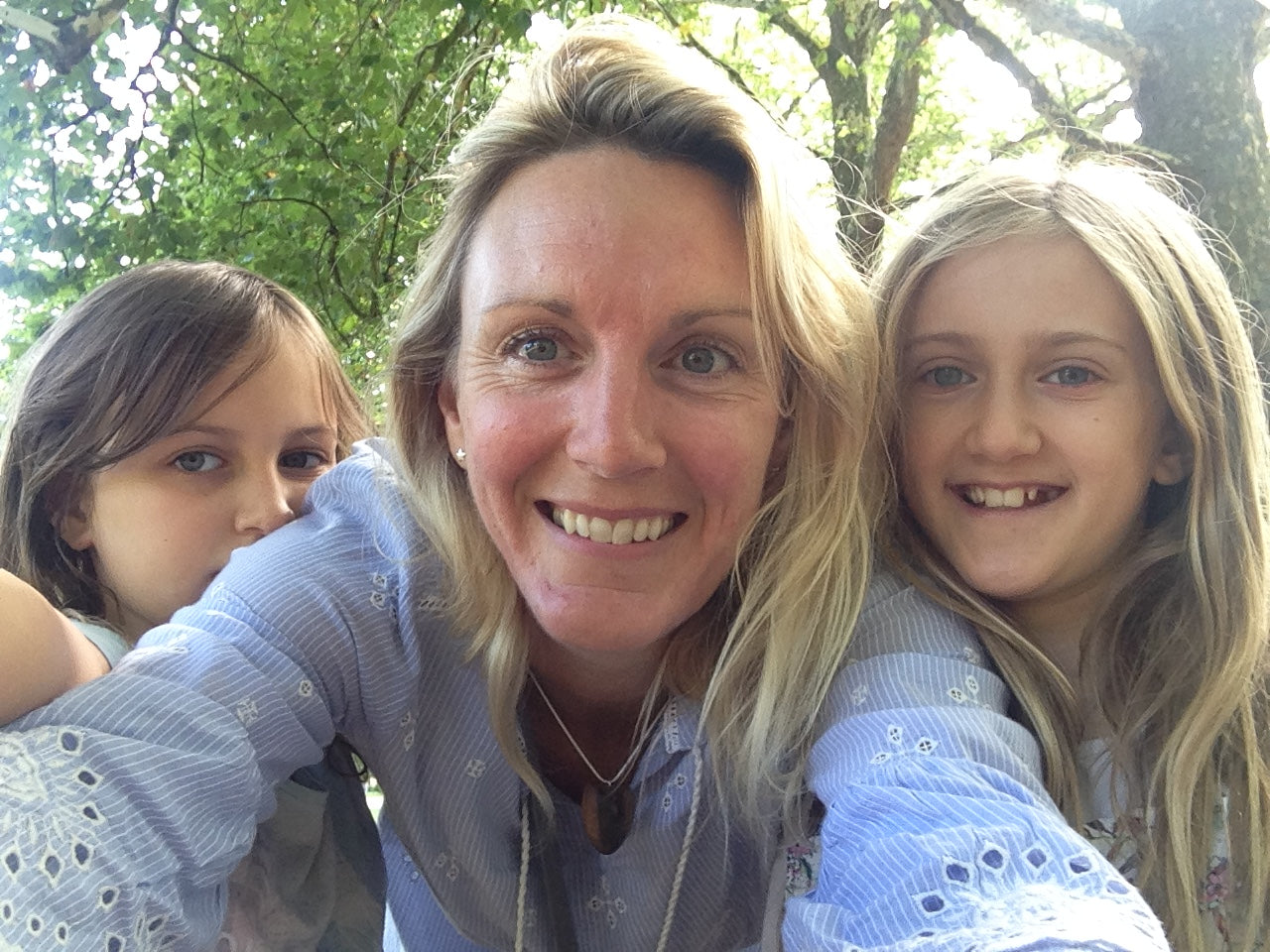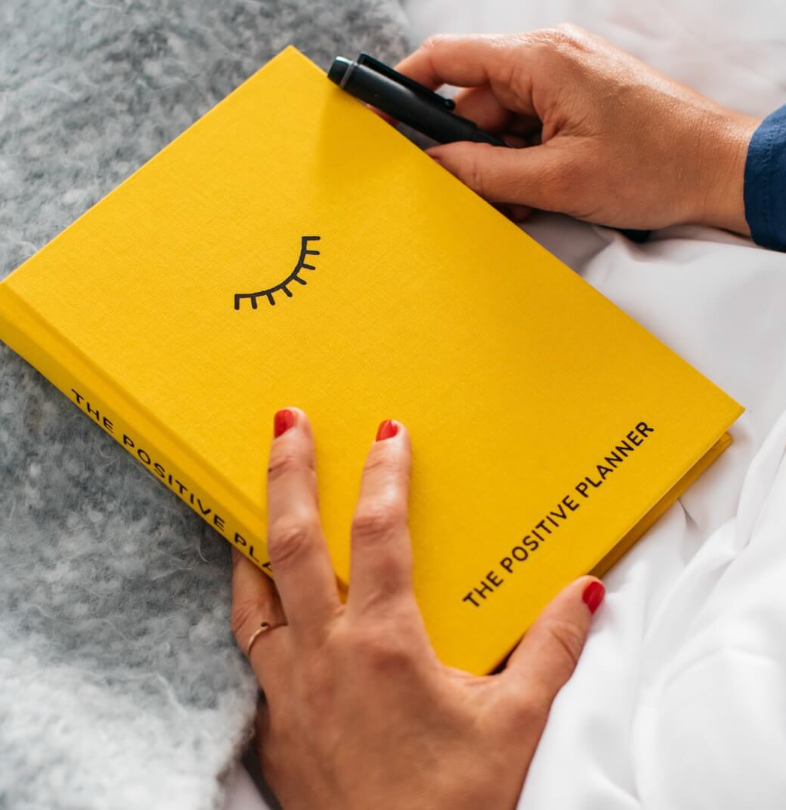My Parenting Ethos
I'm Michelle, mum to two teenage girls. Sometimes parenting feels incredibly complicated but I’m always reassured by the simplicity of focussing on connection, listening and empathy. When we do that for ourselves and our children, relationships inevitably flourish despite the natural ebbs and flows.

Embracing the Unknown: My Initial Journey
When my eldest daughter Izzy was born in 2007, she was the first baby I’d ever held. Her intense need to be in my arms was something I had not anticipated. By the end of her first year, I was a husk of my former self, striving to meet her basic needs. During that time, a quiet inner voice would say ‘she’s not normal’ but as my first child, I had no ‘normal’ to compare to.
In my exhausted confusion, I researched everything I could find about attachment—from anthropology, to neurology to quantum science. I did everything that theoretically would result in a well-adjusted, securely attached child. Instead, my daughter was terrified of random things, especially other children, and had difficulty in noisy places. She was the ultimate velcro child. I felt like a failure even though I knew I’d done my best and beyond.
Facing Fears, Finding Strength: The Path to Diagnosis and Recovery
My younger daughter Nevie arrived 2.5 years later, and as she grew up, my benchmark for ‘normal’ adjusted greatly. She was a child who had an appetite, a peacefulness, and a robustness I’d not seen before.
By Izzy’s 5th birthday, she had hit every milestone, was angelically diminutive, fiercely bright, and constantly fighting off a cold. We saw a GP and told him he was our last hope. We knew something was wrong but we didn’t know what. The GP was 3 days away from retirement from a long career and referred us to paediatrics.
Watching her tiny body being x-rayed and peeking at her notes was a moment I’ll never forget. Her heart was twice the size it should have been and her weight was off the bottom of the percentile chart. It was a strange mixture of horror and relief.
Her diagnosis required some serious expertise—rare heart defects that would require open heart surgery. Six days before Christmas 2012, she went into Bristol Children’s Hospital wearing her Napoli football top. The surgeon met her and laughed because Napoli was his home team - I took it for a good omen. I also knew I’d be handing him my perfect baby - that she would be scarred and I also knew it was essential. She was anaesthetised in my arms wearing just her hospital gown and her Fireman Sam socks.
During her surgery, I had what felt like a spontaneous spiritual experience. I was infused with a reassuring and deep faith in her survival. I also had a vision of her inner strength despite her physical fragility. Her recovery was astonishing. She had never eaten a full meal in her life, and after just 24 hours in intensive care, she ate a Christmas dinner with gusto. It was the beginning of meeting a new version of Izzy. Within 8 months, she had gained 80% of her body weight. She was confident, outgoing, gregarious even. It was a revelation.

Growth, Healing, and Trust: Learning from the Heart
The experience of those first 5 years was testing in the extreme. It showed me how much my mothering instincts mattered. My instinctive choice to keep her close, to not let her cry it out, to breastfeed her full-term, to carry her in the sling was never planned. I was simply responding to the child I had who needed to be in my heart field and be regulated by my own body.
I saw Izzy’s innate wisdom and knew I could trust in it. I saw that my instincts could be trusted too despite all the cultural conditioning to behave otherwise.
My experience is why I care so much about trusting in our children and trusting in ourselves. The quiet inner voice is easy to miss in our busy, noisy lives but it is a reliable internal compass when navigating the external world. If we can support our children to listen to their own inner voice, it may be the most important thing we ever do.



